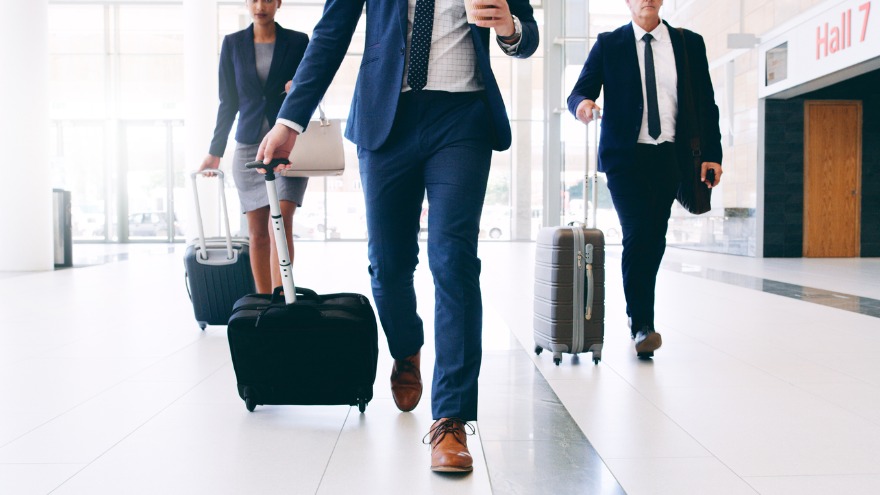Despite new technological developments in video conferencing, 81 percent of global business travelers have seen their jobs negatively impacted by restrictions to cross-border travel. This, according to Collinson’s global research report, The Return Journey, which surveyed more than 30,000 leisure and business travelers in Europe, the Americas, the Middle East and Asia-Pacific.
The pandemic has tacked on a bit more stress to the traveler experience, according to the research. Prepandemic, 66 percent U.S. respondents expressed concerns about stress, compared to 43 percent globally. A post-pandemic survey found 70 percent of U.S. respondents expressing concerns about stress, slightly more than the 67 percent global average. More than two-thirds (69 percent) of business travelers in the United States have been affected by the lack of cross-border business travel.
“The research shows a tension between the importance of business travel, which employees say allows them to do their job better and makes businesses more productive and caring for them while traveling. In order to make business travelers feel comfortable traveling again, it won’t just be a question of Covid-19 measures such as testing and vaccinations,” says David Evans, joint CEO of Collinson.
Mental health has increasingly become a priority among business travelers, and the study finds, prepandemic, 35 percent of business travelers shared concerns about the impact of business travel on their mental health; nearly a quarter (23 percent) reported increased stress levels as a result. Post-pandemic, these feelings have intensified, with almost 73 percent of worldwide travelers reporting they’ll prioritize their mental well-being when traveling now.
A major factor contributing to well-being is support from your employer. Just over half—51 percent—of business travelers surveyed prepandemic reported their companies provide full support in the area of mental health, expecting them to keep travel in check for the sake of their well-being. More than half—51 percent—had no idea their employers provided any form of travel risk management (TRM) program to assist them during travel; of those who knew of a program’s existence, only one-fifth felt confident enough to use the service.
“Communication is key, and as such, employers, and their medical assistance and TRM service partners need to take a holistic approach regarding traveler well-being,” says Evans. “This can include propositions directly addressing travel stress concerns, such as access to lounges or working together with TRM solutions providers to explain exactly what’s on offer through these programs and how employees can access these services. This is an opportunity for businesses to understand what their employees want from the future of corporate travel and build this into their programs to offer the right support and provide a great experience for employees, partners and clients when taking to the skies again.”




